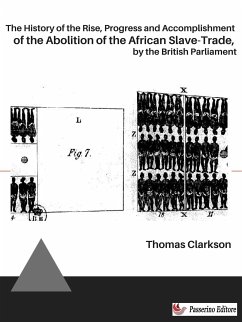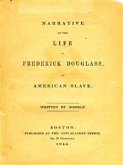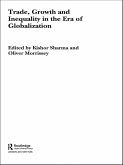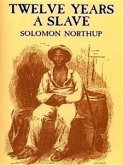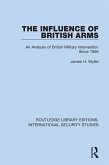The Slave Trade Act 1807, officially An Act for the Abolition of the Slave Trade, was an Act of the Parliament of the United Kingdom prohibiting the slave trade in the British Empire. Although it did not abolish the practice of slavery, it encouraged British action to press other nation states to abolish their own slave trades. It took effect on 1 May 1807, after 18 years of trying to pass an abolition bill.
Thomas Clarkson (28 March 1760 – 26 September 1846) was an English abolitionist, and a leading campaigner against the slave trade in the British Empire. He helped found the Society for Effecting the Abolition of the Slave Trade (also known as the Society for the Abolition of the Slave Trade) and helped achieve passage of the Slave Trade Act 1807, which ended British trade in slaves.
He became a pacifist in 1816 and, with his brother John, was among the twelve founders of the Society for the Promotion of Permanent and Universal Peace.
In his later years, Clarkson campaigned for the abolition of slavery worldwide. In 1840, he was the key speaker at the British and Foreign Anti-Slavery Society's first convention in London which campaigned to end slavery in other countries.
Thomas Clarkson (28 March 1760 – 26 September 1846) was an English abolitionist, and a leading campaigner against the slave trade in the British Empire. He helped found the Society for Effecting the Abolition of the Slave Trade (also known as the Society for the Abolition of the Slave Trade) and helped achieve passage of the Slave Trade Act 1807, which ended British trade in slaves.
He became a pacifist in 1816 and, with his brother John, was among the twelve founders of the Society for the Promotion of Permanent and Universal Peace.
In his later years, Clarkson campaigned for the abolition of slavery worldwide. In 1840, he was the key speaker at the British and Foreign Anti-Slavery Society's first convention in London which campaigned to end slavery in other countries.

